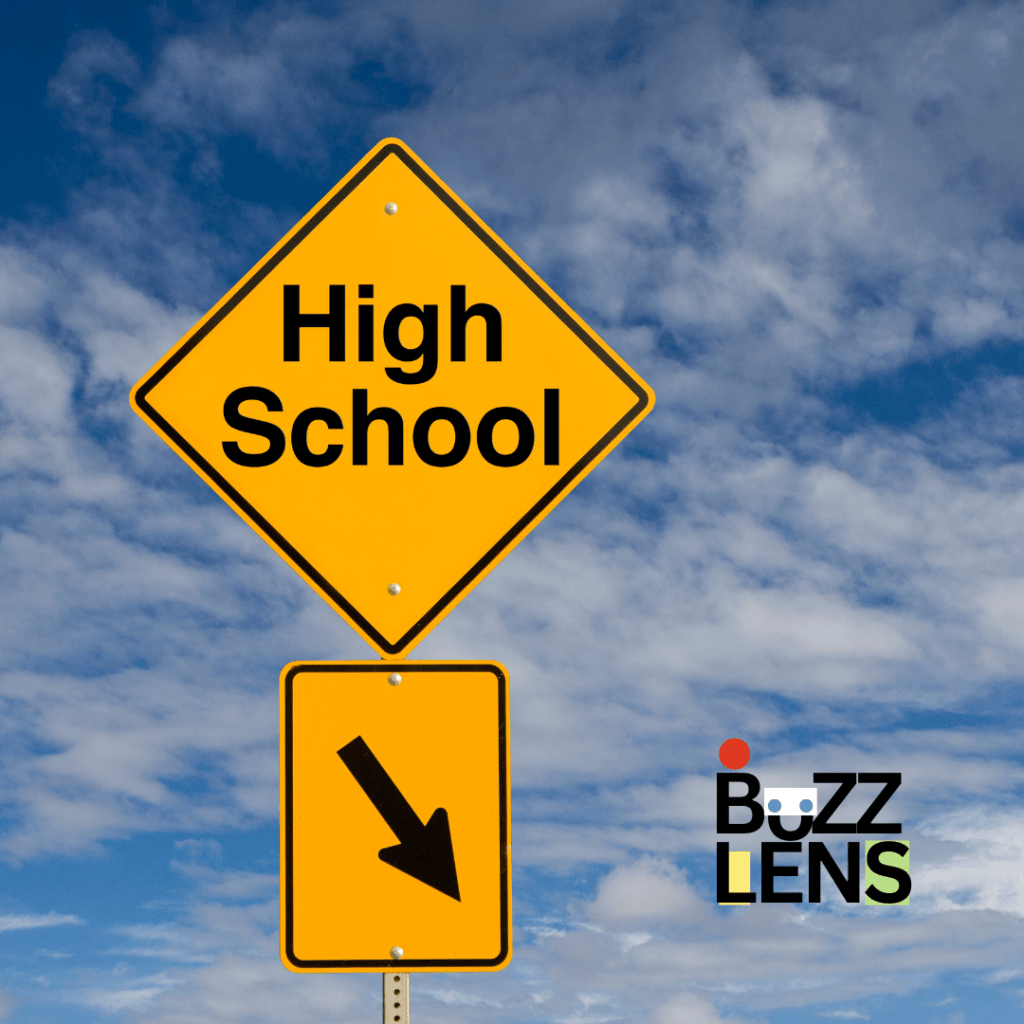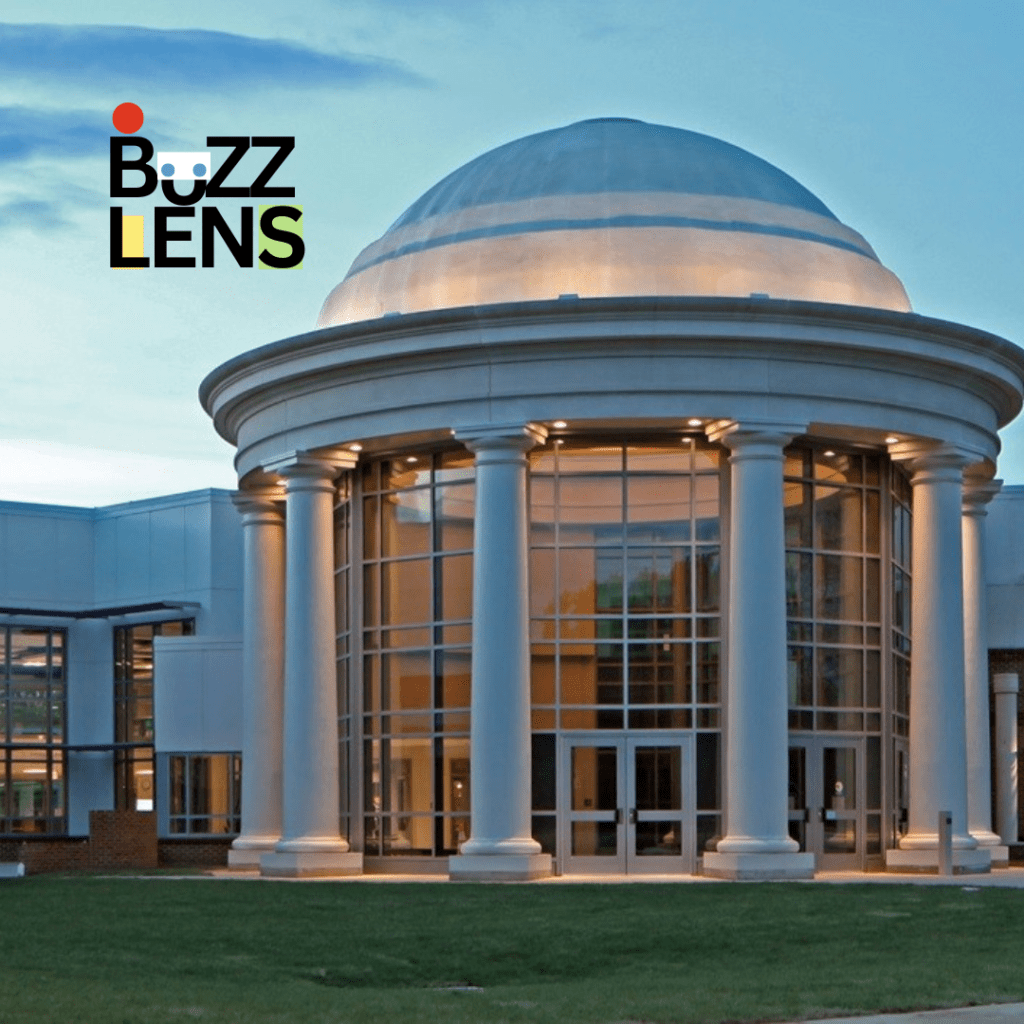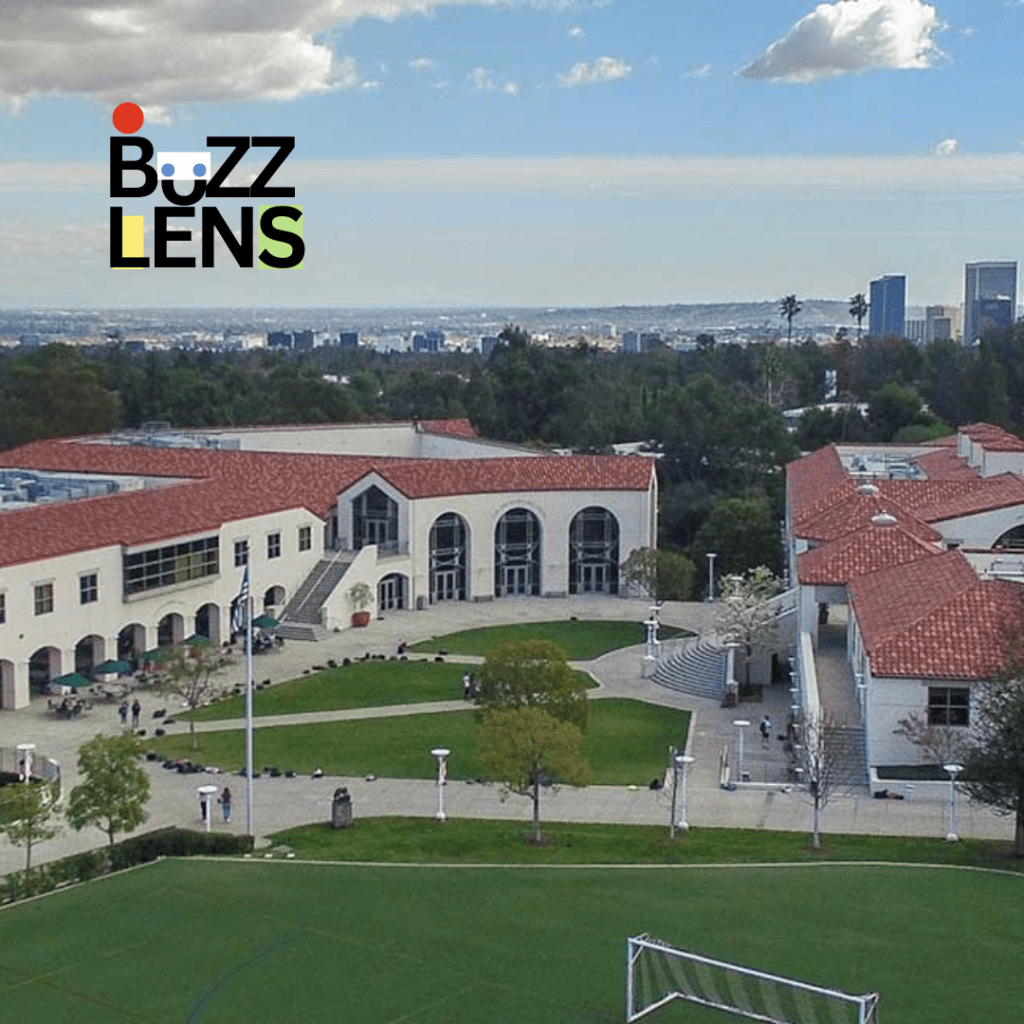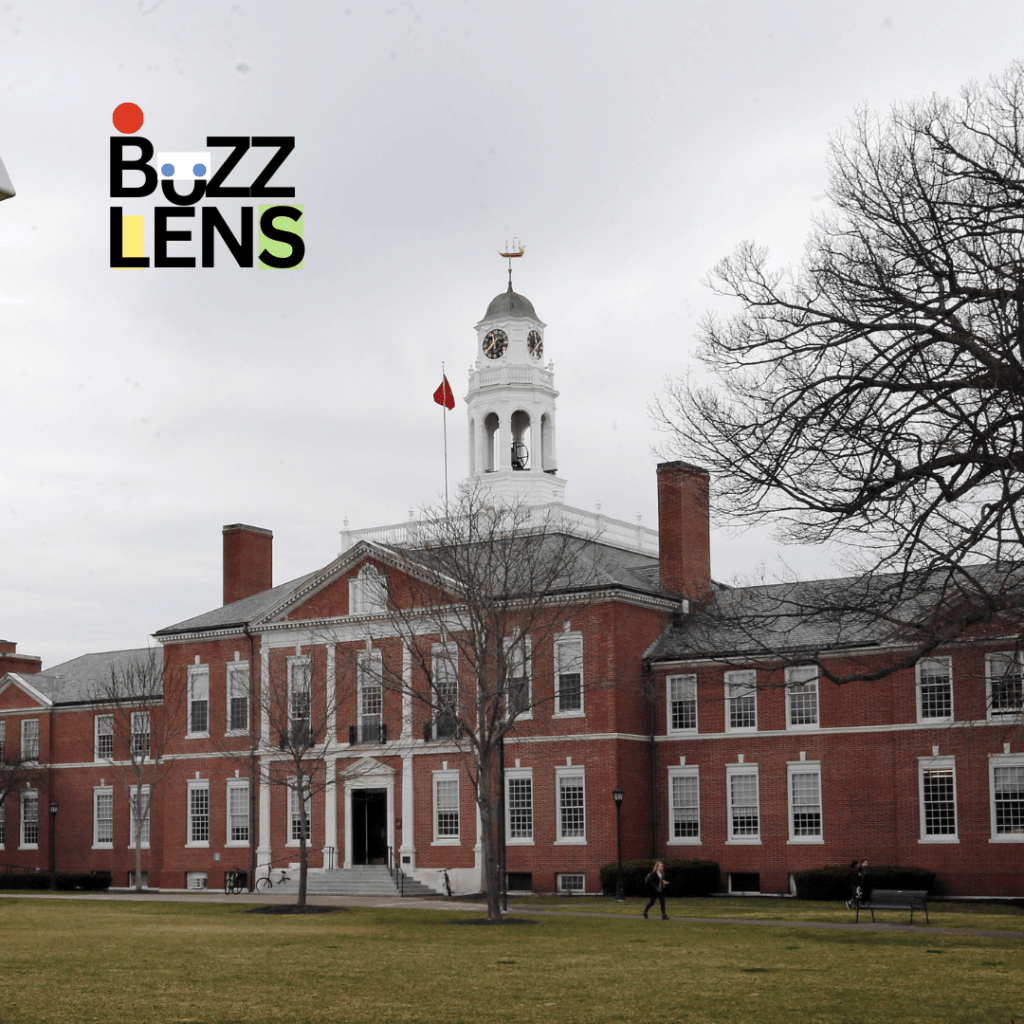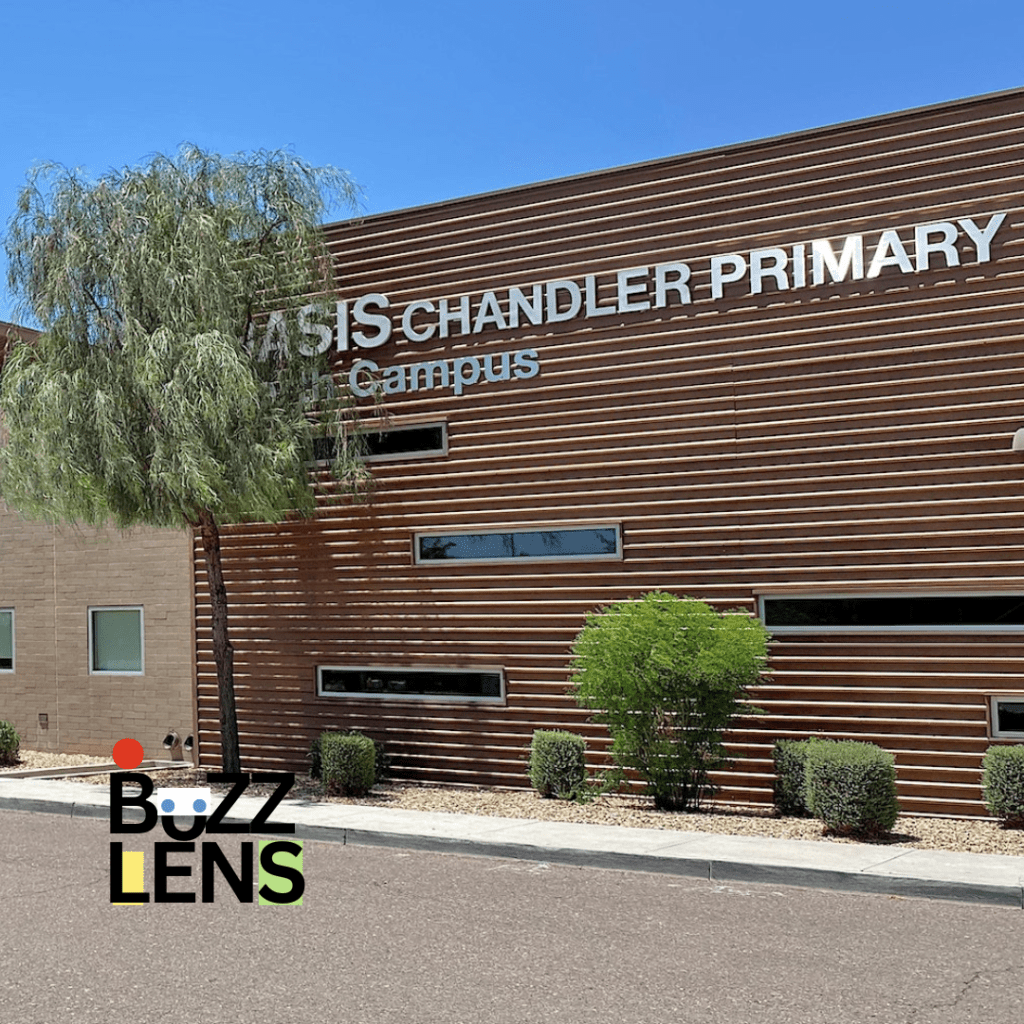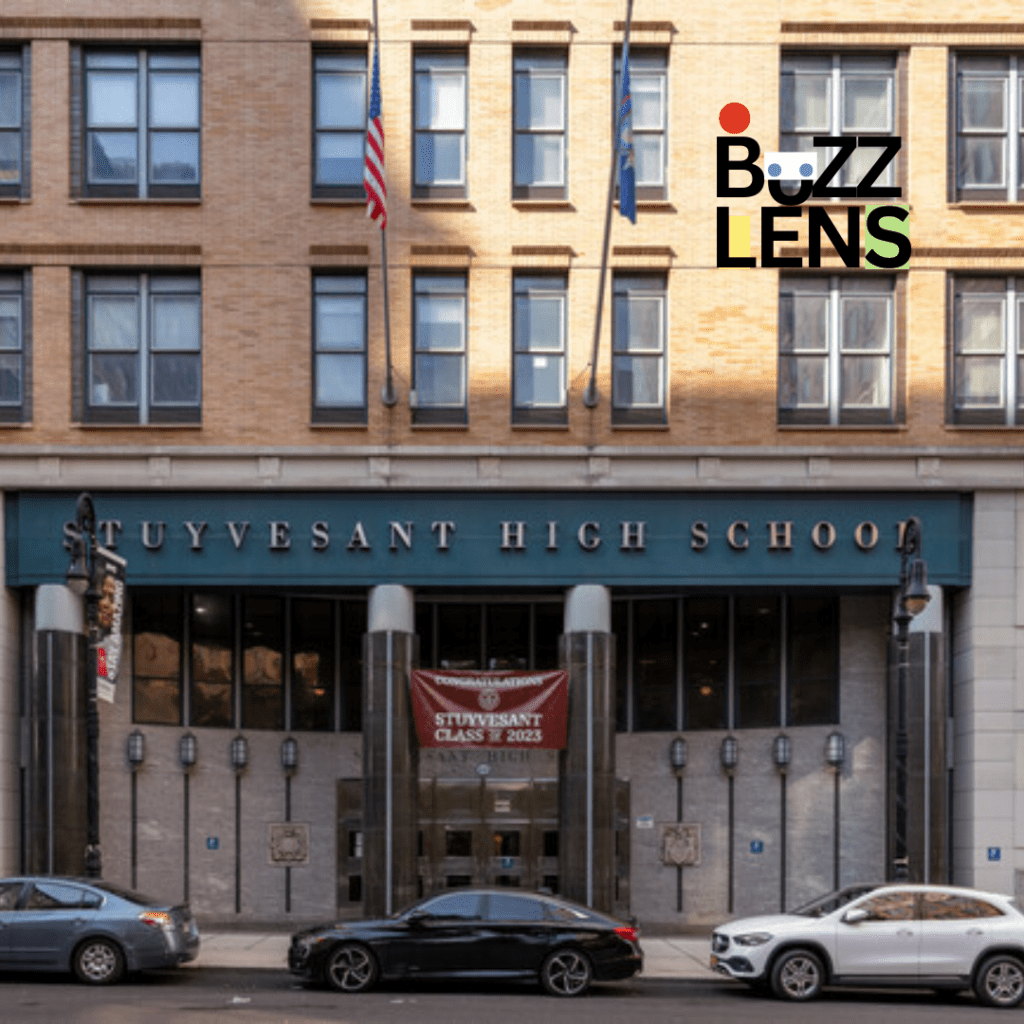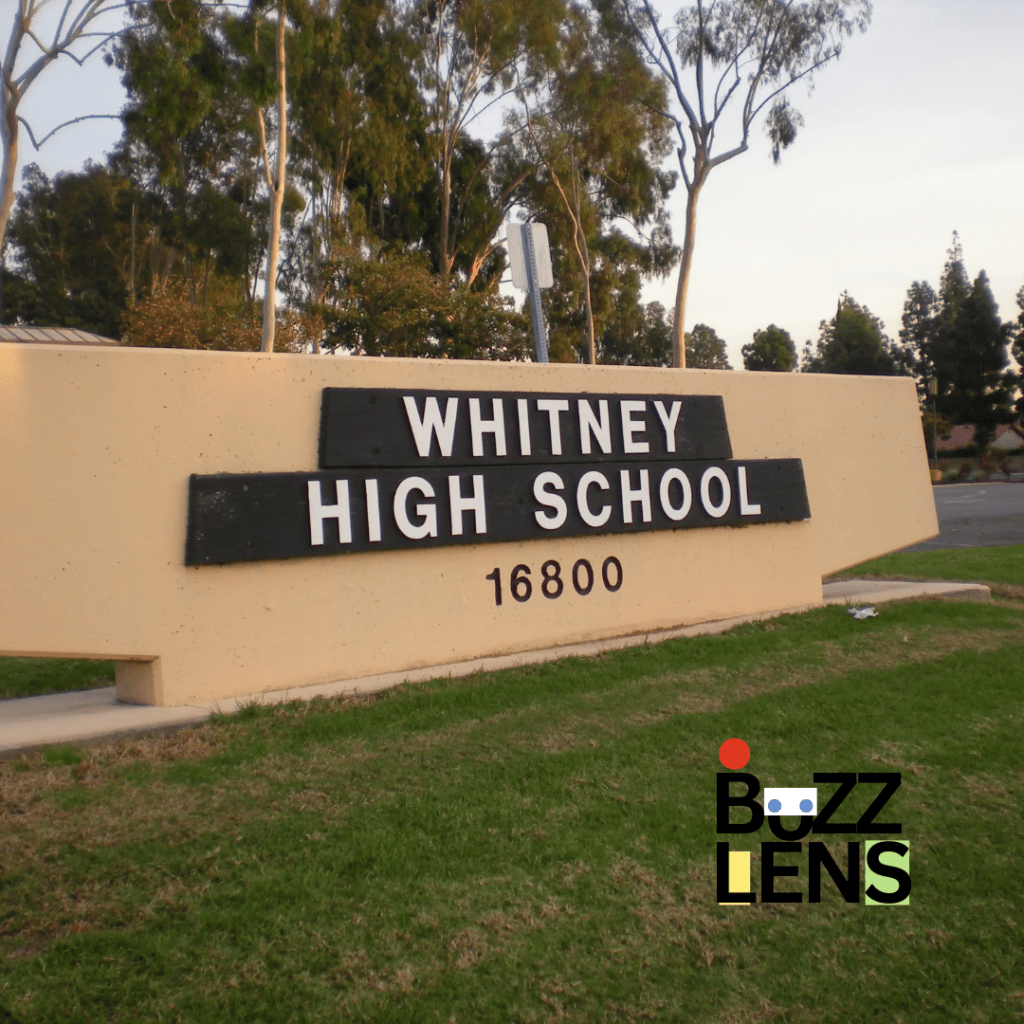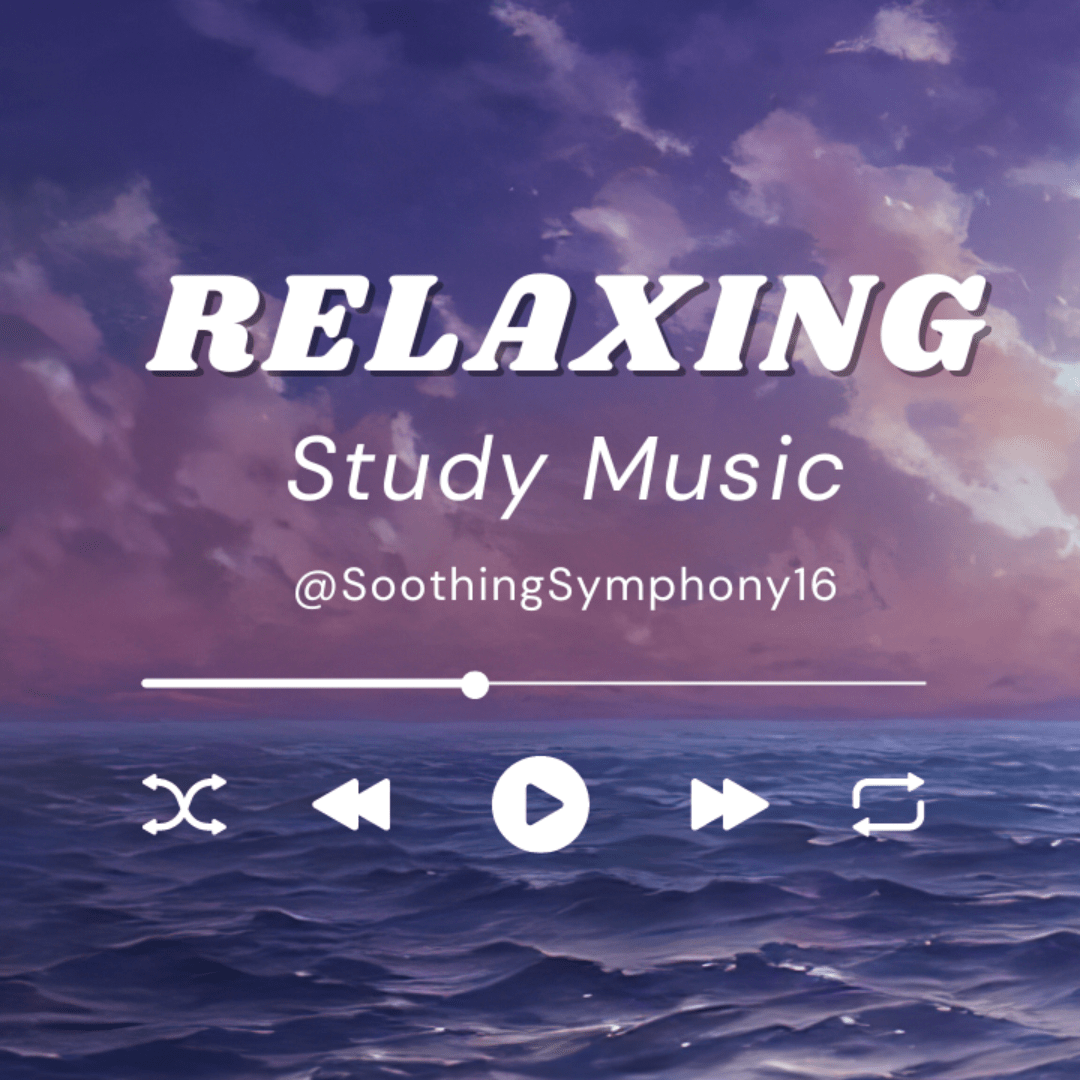Brown University is facing significant legal pressure as 24 state attorneys general have issued a stern warning against the institution’s potential divestment from companies with business ties to Israel.
The attorneys general, led by Arkansas Attorney General Tim Griffin, cautioned that adopting an anti-Israel divestment policy could trigger a series of legal repercussions due to state laws that prohibit business dealings with entities that boycott Israel.
Potential Legal Fallout from Divestment
The warning comes as Brown University prepares to vote in October on a proposal put forth by the Brown Divest Coalition (BDC), which demands that the university divest from companies such as Textron, Safariland, Volvo Group, Airbus, Boeing, General Dynamics, General Electric, Motorola, and RTX Corporation due to their business relationships with Israel.
The attorneys general argue that such a divestment policy would violate anti-Boycott, Divestment, and Sanctions (BDS) laws in nearly three-fourths of U.S. states.
These anti-BDS laws prohibit states from contracting with, investing in, or doing business with entities that discriminate against Israel or those who conduct business with Israel.
Should Brown University proceed with the divestment, it could face severe legal consequences, including the termination of state relationships, divestment from university debt held by state pension plans, and other punitive measures.
Protests and Pressure at Brown University

Brown University has been a focal point for anti-Israel protests, particularly following the October 7 massacre.
The BDC, formed with significant influence from the Brown chapter of Students for Justice in Palestine (SJP), established a protest encampment on the Brown College Green on April 24, 2024.
The encampment was part of a broader demand for the university to divest from companies allegedly complicit in Israeli military actions in Gaza.
On April 30, 2024, Brown University reached an agreement with BDC to end the encampment in exchange for a series of commitments, including a meeting with the university’s Advisory Committee on University Resource Management (ACURM), a vote on the divestment proposal, and a promise that no retaliatory actions would be taken against the activists.
Brown University’s Response and Upcoming Vote
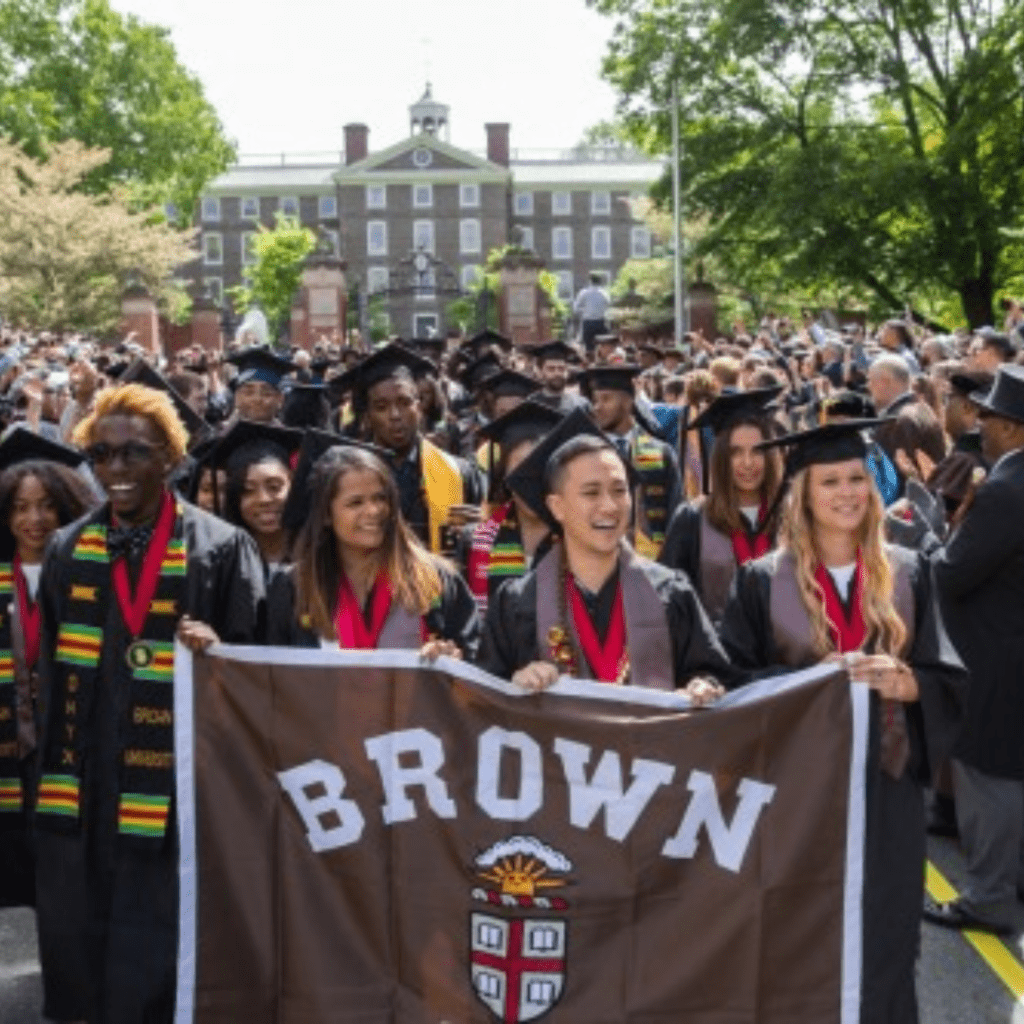
In an August 1 letter, Brown University President Christina Paxson committed to advancing the terms of the agreement, despite previously expressing concerns about the encampment’s violation of university policies and the rising tensions on campuses nationwide.
Paxson emphasized the importance of addressing the divestment issue openly, stating, “It’s important to bring clarity to an open and divisive question that has been of high interest to members of our community for years.”
The ACURM is currently evaluating the divestment proposal, weighing the university’s financial stability against the potential social harm of its investments.
The committee is expected to issue its recommendation by September 30, 2024, after which Paxson will forward the recommendation to the university’s Corporation for a final vote in October, regardless of the committee’s stance.
State Attorneys General Stand Firm
The coalition of 24 state attorneys general, including representatives from Arkansas, Alabama, Alaska, Florida, Georgia, Idaho, Indiana, Iowa, Kansas, Kentucky, Louisiana, Mississippi, Missouri, Montana, Nebraska, North Dakota, Ohio, Oklahoma, South Carolina, South Dakota, Texas, Utah, Virginia, and West Virginia, has made it clear that they view the divestment proposal as both discriminatory and unlawful.
They argue that adopting such a policy would not only harm Brown University financially but also violate the spirit of anti-discrimination laws designed to protect Israel from unjust economic targeting.
A Critical Decision for Brown University
As Brown University approaches its October vote on the divestment proposal, the institution faces a critical decision with far-reaching implications.
The university must carefully consider the legal, financial, and ethical ramifications of adopting an anti-Israel divestment policy.
With 24 state attorneys general warning of severe legal consequences, Brown University’s actions in the coming weeks will be closely watched by both supporters and opponents of the BDS movement.


 FASHION9 years ago
FASHION9 years ago
 Entertainment9 years ago
Entertainment9 years ago
 FASHION9 years ago
FASHION9 years ago
 Entertainment9 years ago
Entertainment9 years ago
 Sports9 years ago
Sports9 years ago
 Entertainment9 years ago
Entertainment9 years ago
 Sports9 years ago
Sports9 years ago
 Sports9 years ago
Sports9 years ago








